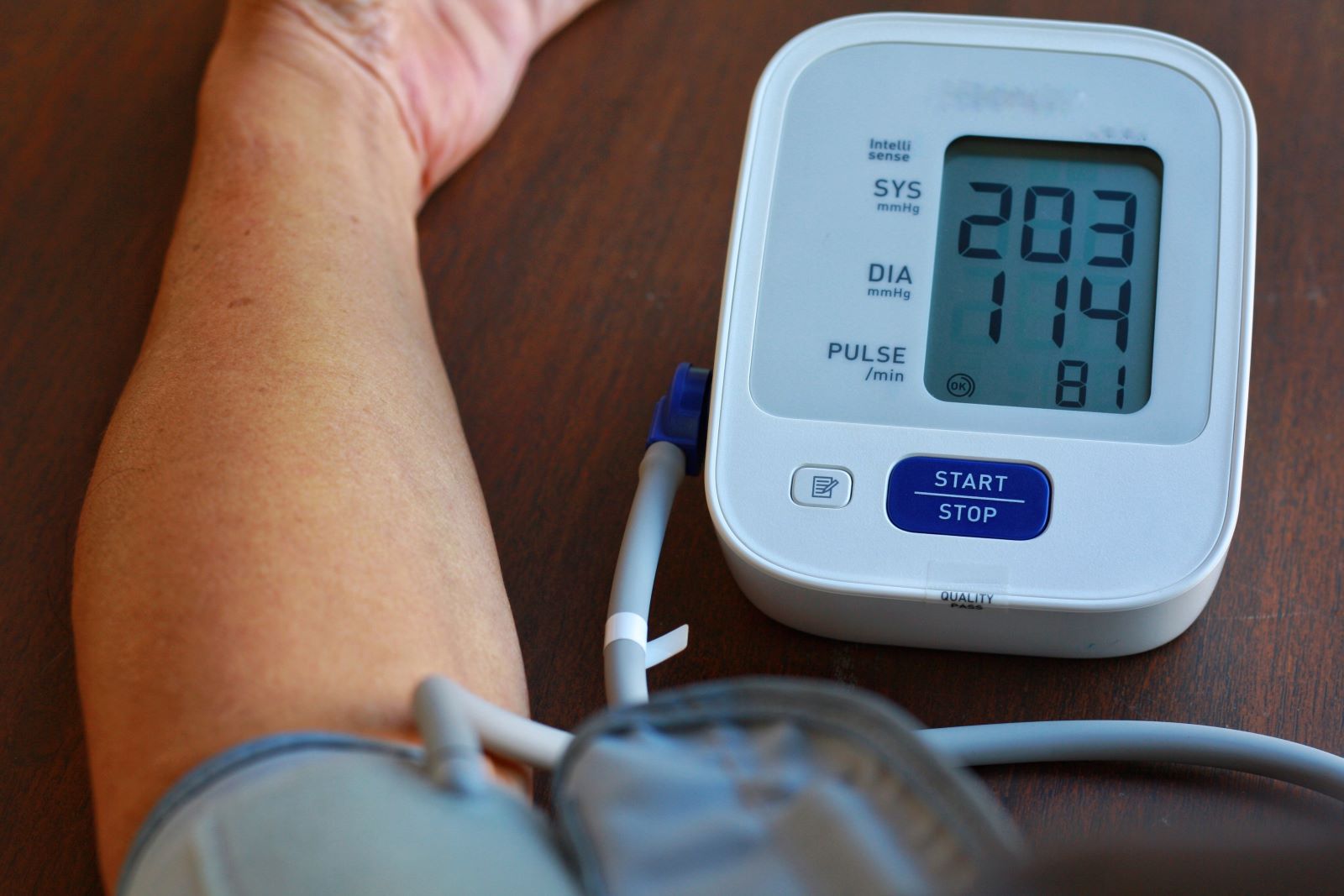
Table of Contents
It’s common knowledge now that drinking during pregnancy can cause a lot of problems, and that there are severe repercussions for children born after their parent had been drinking a lot. However, what is less well known or understood is what it looks like when the child grows up.
At least, it’s not as well understood in the public consciousness, and that can lead to serious problems. Not only do adults with fetal alcohol syndrome face uphill battles because of their health status, but also because of the lack of understanding for their situation in the general populace.
Of course, there are also problems of people not understanding the full ramifications of drinking, and especially drinking to excess, during pregnancy. Hopefully, this article discussing fetal alcohol syndrome in adults will help to highlight the challenges and importance of avoiding drinking to excess during pregnancy, and also the need for further options to help children and adults born with this condition.
What Is Fetal Alcohol Syndrome?
At the most basic level, fetal alcohol syndrome [1] is what happens when a pregnant person drinks while the baby is still in the womb. However, not all drinking leads to fetal alcohol syndrome, and fetal alcohol syndrome isn’t the only negative consequence of drinking.
There are many disorders and malformations that can occur as a result of parental drinking while a fetus is in the womb. Fetal alcohol syndrome causes a range of problems, including both physical defects, changes to the brain, and growth problems. Severe cases may result in a miscarriage. Unfortunately, one of the challenges of fetal alcohol syndrome is that the damages caused by exposure to alcohol in utero are not reversible. There is no medication or treatment that can eliminate the problems.
However, there is still some hope.
Adults with fetal alcohol syndrome can live productive and functional lives, assuming they are given the support and care needed when they are younger to help encourage development in a way that allows them to function more normally. The earlier a child with fetal alcohol syndrome is diagnosed, the more positive their prognosis may be because early intervention can help address behavioral issues, learning difficulties, and other problems that commonly happen with the disorder
That said, no amount of treatment or help can fully overcome the challenges presented by fetal alcohol syndrome, and no adults with this syndrome should be considered ‘cured’ no matter how functional or normal they seem. Much like some people with other developmental disorders like Down’s Syndrome or Autism Spectrum Disorder, people with this disorder will always have a different set of challenges and a different experience of the world than people who don’t have the same condition.
How Much Drinking In Pregnancy Causes Fetal Alcohol Syndrome?
Fetal alcohol syndrome is a condition where the cause is known, but not necessarily well defined. Most of the time, fetal alcohol syndrome is the result of the parent drinking regularly to excess during pregnancy. However, there is no known amount of alcohol that is considered safe during pregnancy. Any exposure can potentially cause problems, and the more significant or regular the exposure is, the more likely it is that a fetus will be affected.
One of the difficulties with fetal alcohol syndrome is that many people don’t realize they are pregnant until 4-6 weeks into the pregnancy, and may not realize for much longer if they have another condition that interferes with having a regular period. While fetal alcohol syndrome is entirely preventable by not having any alcohol during the pregnancy, that isn’t always possible or practical.
Besides Alcohol, many medications can be teratogenic and lead to deformities in babies if consumed during pregnancy. Women who are or plan to become pregnant should always consult their physicians to review their medications before and during pregnancy.
Signs Of Fetal Alcohol Syndrome
While we want to focus on fetal alcohol syndrome in adults, because it is important to recognize the syndrome as quickly as possible, here are some of the signs and symptoms to watch for if you’re concerned that your child, or a child close to you, may have the syndrome:
- Poor growth
- Not meeting developmental milestones
- A smooth philtrum (the space between your nose and lips)
- Known birth defects
- Overly jittery or fussy babies
- Difficulty getting along with others
- Low birth weight
- Unusually small head size
- Seizures and other signs of neurological problems [2]
Doctors can typically diagnose fetal alcohol syndrome based on symptoms alone, though knowing whether the birthing parent drank during pregnancy can help make a diagnosis more definitive. Unfortunately, while fetal alcohol syndrome has a cluster of symptoms that make it identifiable, milder symptoms or the possibility of other problems like a birth injury or a genetic disorder may confuse the problem or make it harder to get a definitive diagnosis in some cases.
The good news is that the treatments for the problems associated with fetal alcohol syndrome [3] are generally the same, no matter what the true origin of the problem is.
Challenges Facing Adults With Fetal Alcohol Syndrome
While thriving with fetal alcohol syndrome is possible, it’s also important to understand that there are specific and impactful challenges facing adults with fetal alcohol syndrome, and that specific effort needs to be given to those children and adults to help them face those challenges.
The challenges facing any individual adult with fetal alcohol syndrome are going to be different. This is a constellation of challenges, not a universal list. The severity of an individual challenge can also vary from individual to individual, and fetal alcohol syndrome is a spectrum that can range from relatively mild impact to very severe developmental impact.
Adults with fetal alcohol syndrome have higher rates of various conditions, disabilities, and social outcomes.
Some of those challenges include higher than average rates of:
- Learning disabilities
- Diabetes
- Hypertension (high blood pressure)
- Immune dysfunctions
- Cancer
- Craniofacial anomalies (changes to face and skull development)
- Slowed growth (may not ever reach full normal size)
- Central nervous system dysfunction (can cause a wide range of impacts, including neurological disorders, seizure disorders, and more)
In addition to these physical, mental, and developmental challenges, adults with fetal alcohol syndrome have historically had a higher rate than average of secondary or social disabilities. These include things like being more likely to become addicted to alcohol themselves, having higher rates of difficulties with the law, sometimes starting in childhood or adolescence, and higher rates of substance abuse problems more generally. They may also have higher rates of mental health disorders, along with other health impacts.
The full range of potential impact isn’t well understood, so adults with fetal alcohol syndrome may have additional challenges not mentioned here. The degree to which these challenges impact an adult with fetal alcohol syndrome depend on a range of factors, from whether they are offered medical and social support for their condition, to how severe each individual impact is from the beginning.
Is Fetal Alcohol Syndrome Preventable?
Yes. While completely avoiding sources of alcohol during pregnancy can be challenging, fetal alcohol syndrome is highly preventable. This syndrome only occurs in children whose birth parent drank during pregnancy, and even then is generally limited to birth parents who drank regularly during pregnancy without abstaining. Unfortunately, that means that babies born to alcoholic parents are at greater risks of developing this syndrome, especially if their parent doesn’t realize they are pregnant until later in the pregnancy, or if their parent doesn’t attempt to recover or to abstain from alcohol use during the pregnancy.
That said, helping a pregnant person overcome addiction to alcohol requires empathy for them and their situation, especially if the pregnancy is accidental. While fetal alcohol syndrome is preventable, preventing it requires more than judging pregnant people who drink.
Dealing With Pregnancy and Alcoholism? Ready For Help
If you are pregnant, or want to become pregnant, and are dealing with alcoholism there can be a lot of panic, feelings of guilt, and worry about your future and the future of your child. All of these feelings are normal, natural, and understandable. If you’re here reading this article that means that you want the best for your child and that you’re aware of the problem, at least on some level, and want to do something about it.
We won’t say that there aren’t challenges ahead of you, but there is also a lot of hope, even if your child is born with fetal alcohol syndrome.
In the meantime though, the sooner you can get into treatment and get the help you deserve overcoming alcoholism, the better the chances are that you and your child will be able to have normal, happy, healthy lives.
If you’re ready, contact Ocean Recovery. We know how important and how difficult recovery in pregnancy can be, and we’ll be here to support you every step of the way.
Sources:
[1] Gavin, M. M.D. (2020, November). Nemours Kids Health. Fetal Alcohol Syndrome (FAS). Retrieved from https://kidshealth.org/en/parents/fas.html on 2023, March 6. [2] Centers for Disease Control and Prevention. (2022, November 4). Fetal Alcohol Spectrum Disorders (FASDs). Retrieved from https://www.cdc.gov/fasd/about/ on 2023, March 6. [3] Mayo Clinic. (2018, January 10). Fetal alcohol syndrome. Retrieved from https://www.mayoclinic.org/diseases-conditions/fetal-alcohol-syndrome/symptoms-causes/syc-20352901 on 2023, March 6.OCEAN RECOVERY EDITORIAL GUIDELINES
The internet contains a vast amount of misinformation, but when it comes to your health only peer reviewed, research centered data matters. At Ocean Recovery, all content published throughout our website has been rigorously medically reviewed by a doctorate level clinician, and cross checked for medical accuracy. Our editorial process helps our readers trust that the information they are consuming is factual and based upon scientific data. Your health is our top priority, find out more about how we safeguard the integrity of information on our website. Read More About Our Process





